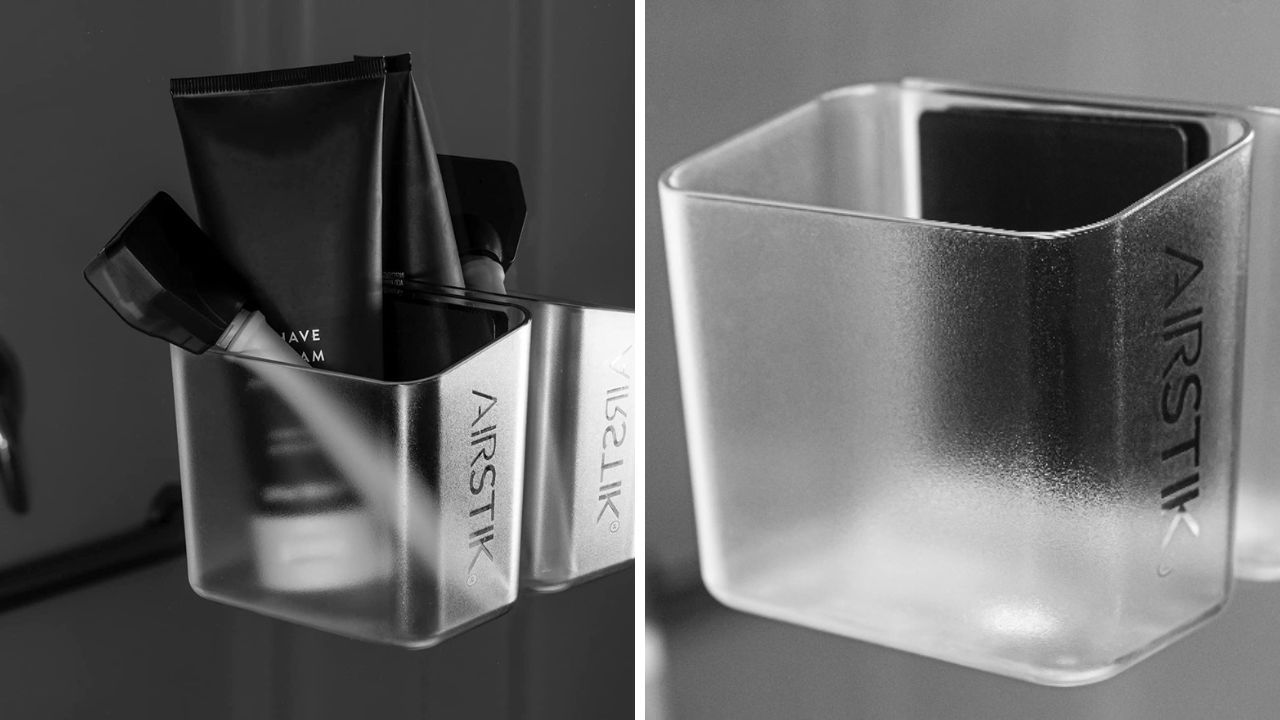How Often Should You Change Your Toothbrush: Get The Facts!
Regularly changing your toothbrush is important. We cover everything you need to know to identify when it needs replacing and best practices!

If you want to keep on top of good oral hygiene it's important to replace your toothbrush regularly. The question then becomes how often and how do you tell when it's time?
Old toothbrushes can do more harm than good with frayed bristles and bacteria build-up. That's why it's important to take the necessary precautions for replacement.
As a good best practice you should replace your toothbrush every 3-4 months but there are some other things you should take into consideration.
In this post, we will cover everything you need to know to keep your smile shining bright and healthy!
The Importance of Regular Toothbrush Replacement
Regular replacement of your toothbrush is crucial for oral hygiene. The American Dental Association recommends changing your toothbrush every three to four months, or sooner if the bristles become frayed. Old toothbrushes contain harmful bacteria that can cause gum disease and tooth decay.
Your toothbrush may even lose its effectiveness at removing plaque and food particles which doesn't bode well for your dental hygiene and gum line!
Understanding the Lifespan of a Toothbrush
The lifespan of a toothbrush depends on how often you use it. How you take care of it also is a factor. If you brush your teeth twice a day for two minutes each time, your toothbrush will last around three to four months. However, if you brush more often or apply too much pressure, your toothbrush will wear out faster.
Softer toothbrush bristles are easier on your gums but you will need to replace a soft-bristled toothbrush sooner than a firmer-bristled brush.

Electric Toothbrush Vs Regular
Electric toothbrushes are more expensive than manual toothbrushes, but they offer a lot of benefits. Electric toothbrushes are more effective at removing plaque than regular toothbrushes. They are also easier to use for people with arthritis or other dexterity issues.
Electric toothbrushes have features like timers and pressure sensors that help you brush your teeth more effectively.
Unlike a manual toothbrush, you only need to replace the toothbrush head on an electric brush. After the initial cost of the unit, the price point drops significantly when you replace electric toothbrush heads. Most dental professionals recommend electric brushes because they are easier to use and do a great job of breaking up plaque.
Signs That It's Time to Change Your Toothbrush
It’s time to change your toothbrush when:
- The bristles become frayed.
- You’ve been sick.
- You’ve had your toothbrush for three to four months.
Frayed bristles don’t clean your teeth effectively, and they can cause damage to your gums.
When you’ve been sick, your toothbrush can harbor germs that can make you sick again.
And after three to four months, your toothbrush has worn out and isn’t effective at removing plaque.
Be sure to use your toothbrush properly to expand its life span and pay attention to the signs that it is time to change it!
How Different Types of Toothbrushes Affect Replacement Frequency
Different types of toothbrushes wear out at different rates. Soft bristles wear out faster than hard bristles, and electric toothbrushes generally last longer than regular toothbrushes.
If you’re using a toothbrush with soft bristles, you may need to replace it more often than a toothbrush with hard bristles.
Other things that you will need to consider are if it has silicone gum massagers on the sides and those begin to crack or wear down. If it has something other than nylon bristles it may not last as long. Nylon lasts the longest and does an effective job at cleaning.
The Role of Brushing Technique on Toothbrush Wear and Tear
Brushing too hard or using the wrong technique can wear out your toothbrush more quickly. Use a soft-bristled toothbrush and only apply gentle pressure when brushing. Brushing too hard can damage your gums and the bristles of your toothbrush.
Be sure not to press too hard on the brush head to prevent excess wear and use the toothbrush properly.

Tips for Maximizing Your Toothbrush's Effectiveness
To get the most out of your toothbrush, brush for two minutes twice a day. Use dentist-recommended toothpaste and brush all surfaces of your teeth. Including the backs of your teeth and your tongue. Rinse your toothbrush thoroughly after each use and store it in an upright position to allow it to dry completely.
A moist toothbrush is a breeding ground for germs so be sure to let it dry thoroughly. If you are traveling dry it out before you store it away.
The Connection Between Toothbrush Maintenance and Oral Health
Proper toothbrush maintenance is important for oral health. Rinse your toothbrush thoroughly after each use and store it upright in a dry place. Avoid letting your toothbrush touch other toothbrushes to minimize the spread of germs.
If you’re storing your toothbrush in a container, make sure it’s well-ventilated to allow it to dry completely. If you get sick replace your toothbrush right away to limit the possibility of reinfection.
Factors to Consider When Choosing a New Toothbrush
If you have sensitive gums look for a toothbrush with softer bristles. A harder bristle brush will be better at breaking up hard plaque but is also harder on your gums.
If you have trouble holding a toothbrush something with an ergonomic handle may help and make it more comfortable.
If you opt to go high-tech with an electric toothbrush try one with a 2-minute timer so you make sure to get the perfect clean every time. The most important thing is to find a toothbrush you will use every day!
Be sure to dispose of the old toothbrush rather than reuse it to clean your bathroom tiles or small areas!
Final Thoughts
A good oral hygiene routine includes brushing your teeth twice a day with a properly maintained toothbrush. Regular replacement of your toothbrush is crucial for oral health, and electric toothbrushes offer many benefits. By following these tips and tricks for brushing your teeth and maintaining your toothbrush, you can help promote a healthy mouth and beautiful smile.




